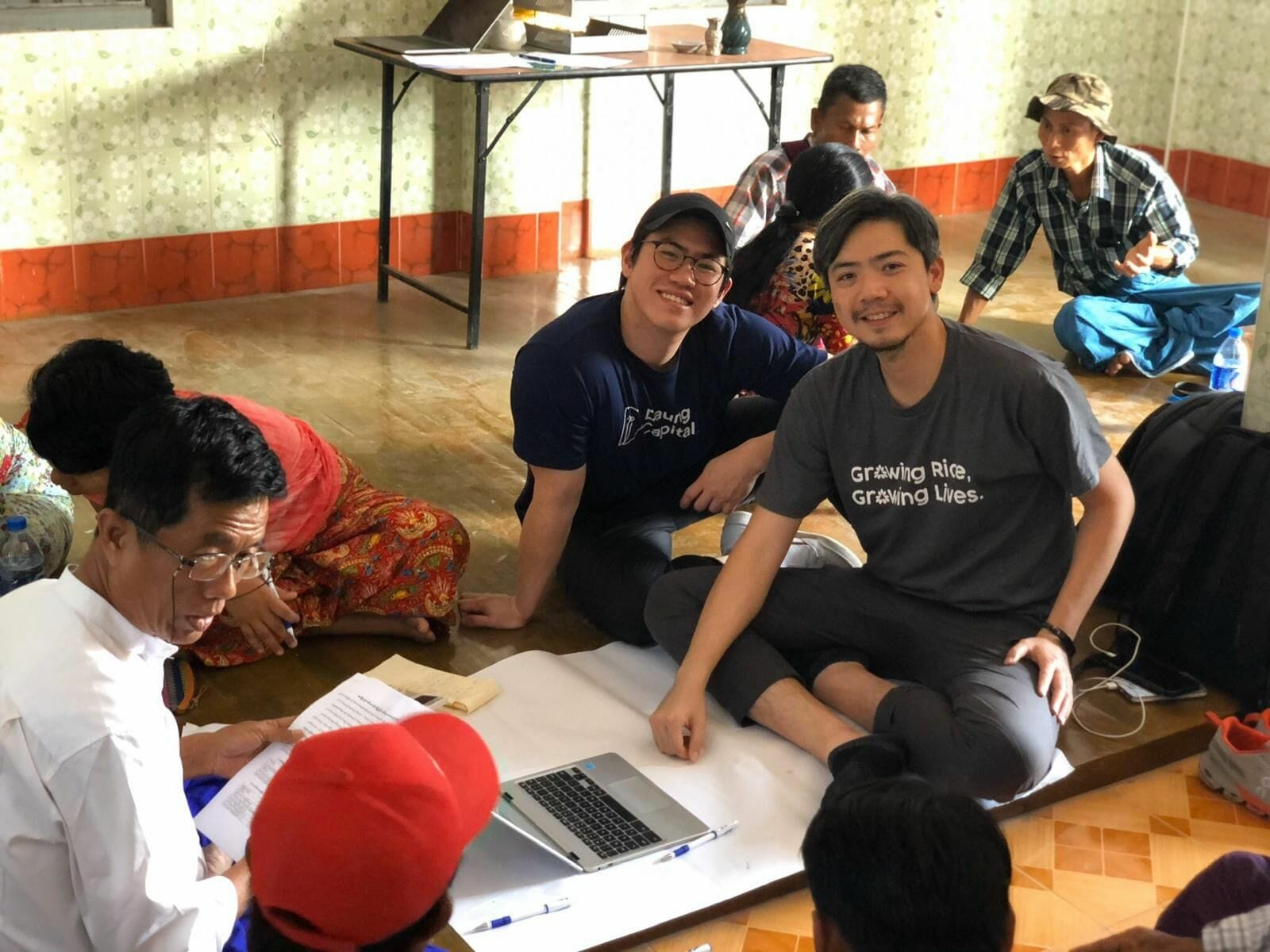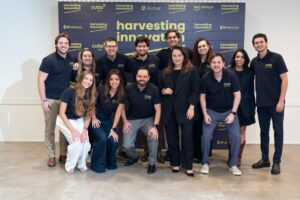Humanitarian aid NGO Mercy Corps is joining forces with a number of private-sector startups to provide a boost for Myanmar’s agriculture sector.
Local agritech startup Village Link, tech-driven rice brand Golden Sunland, and fintech firm Daung Capital have launched a collaboration with Mercy Corps to offer farming contracts and services to smallholders in the country.
Mercy Corps is already running a contract farming program in Myanmar in partnership with the donations-based Livelihoods & Food Security (LIFT) Fund. The project – ‘Linking Labutta to markets‘ (LLM) – aims to help smallholders in and around the south-western town of Labutta “become professional and market-oriented enterprises” by offering them training and creating linkages with millers and suppliers.
The NGO says that since commencing in 2015, LLM has engaged more than 3,000 smallholders and has created 65 new farmer-producer enterprises (FPEs) in Labutta and the surrounding region.
The new collaboration with Village Link, Golden Sunland, and Daung Capital is targeted at continuing with these objectives over the longer term, by reducing reliance on donations and creating a bigger role for private-sector investment and technology.
“Since early 2018, Mercy Corps has been refocusing program interventions by partnering with private-sector actors as a way of project continuation beyond using donor funds,” Wahyu Nugroho, director of programs at the NGO, said in a statement. “Mercy Corps has then organized the FPEs into a formally registered entity, as a platform for smallholders to engage more productively in the value chains.”
Nugroho added that extra resources enabled by collaborating with startups, as well as continued funding, will allow Mercy Corps to “fully transform the [FPEs] to manage relationships” and scale up.
“Our goal is not just expanding this beyond the existing farmers, but also [to] help farmers diversify their production and income beyond rice,” he said.
Under the collaboration, Daung Capital – which was acquired by multi-vertical digital commerce startup Get earlier this year – will offer participating smallholders access to operating capital, as well as loans for seed and fertilizer purchases, on “extremely versatile credit terms.”
There are more apps for farmers than ever before, but Southeast Asia’s smallholders aren’t biting. Find out why here.
Golden Sunland will provide production contracts – including “a buy back clause for farmers to avoid debt [traps and] market instability” – as well as training.
“To sustain the good work that NGOs such as Mercy Corps have done over the years, it is important to tap into the private sector,” said Golden Sunland chief operating officer David Chen.
“We came on board understanding the need to create mutual benefits and risk sharing. The result is a new model that is tailored to the needs of the rice farmer.”
Village Link will help with knowledge-sharing and farm monitoring through its smallholder-focused mobile app, Htwet Toe.
“We use remote sensing technology to provide personalized advisories [and] broadcast weather and pest outbreak alerts to farmers based on farm location, soil condition, crop type, sowing date, and weather conditions on site,” said Village Link’s head of projects and partnerships Quyen McGrath.
According to the UN, around 70% of Myanmar’s population are employed in the agriculture sector, which accounts for 38% of the country’s GDP and as much as 30% of its export earnings. Most of those working in the industry are involved in rice growing.





